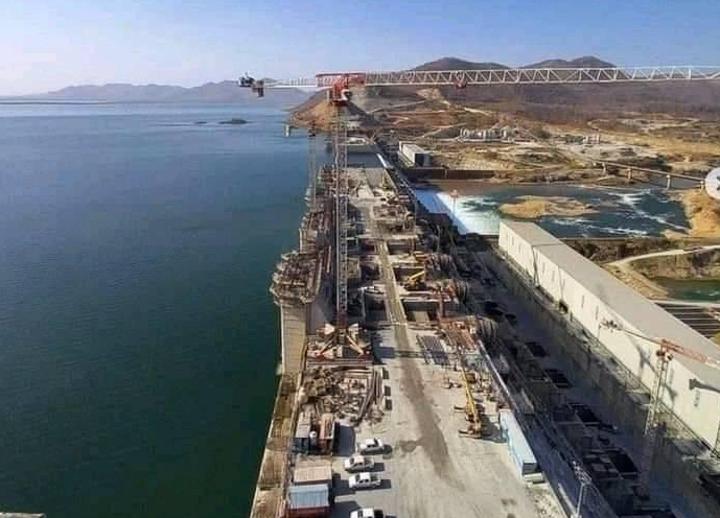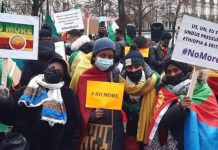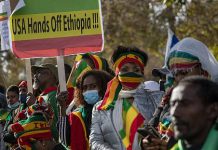Africa-Press-Ethiopia
The security situation in the Amhara region remains tense and volatile due to intercommunal clashes that have resulted in massive population displacement, and the looting and destruction of property and infrastructure. The number of casualties is undetermined.
Fighting erupted in Amhara’s North Shewa Zone on 18 March after a person was killed. Attacks two days later displaced at least 60,000 people across North Shewa and Oromia Special Zones. A second wave of attacks on 17 April, in urban centres and along major roads, caused much larger displacement and devastation.
Humanitarian partners haven’t verified displacement figures because of insecurity. However, regional authorities estimate that at least 330,000 people are displaced in both North Shewa and Oromia Special Zones.
With UNICEF’s support, the Government has provided water, sanitation and hygiene items to affected people in South Wollo and Oromo Special Zones. Emergency health and trauma kits have been allocated to North Shewa and Oromia Special Zones, with World Health Organization (WHO) support.
Needs and risks assessments will be conducted once the security situation permits.
Somalia
In neighbouring Somalia, the Federal Government, in consultation with the UN, yesterday declared drought conditions in the country following delayed and poor successive rain seasons and harsher, warmer weather.
More than 80 per cent of Somalia is experiencing moderate to severe drought conditions, with the worst-affected areas including parts of Somaliland and Puntland, and the central and Gedo regions.
At least 3.4 million people are projected to be affected by drought by the end of 2021, of whom around 380,000 are expected to be displaced. So far, over 116,000 people have been displaced by severe water shortages and drought conditions between October 2020 and April 2021.
Since 1990, Somalia has experienced more than 30 climate-related hazards, including 12 droughts and 19 floods – triple the number of climate-related hazards experienced between 1970 and 1990.
The UN and partners have reached 353,000 people with temporary safe water services, 40,000 with improved sanitation and 25,000 with health services.
But funding shortfalls are a major challenge in scaling up the response. So far, only US $169 million (15.5 per cent) of the $1.09 billion required to help 4 million of the most vulnerable Somalis in 2021 has been received.






